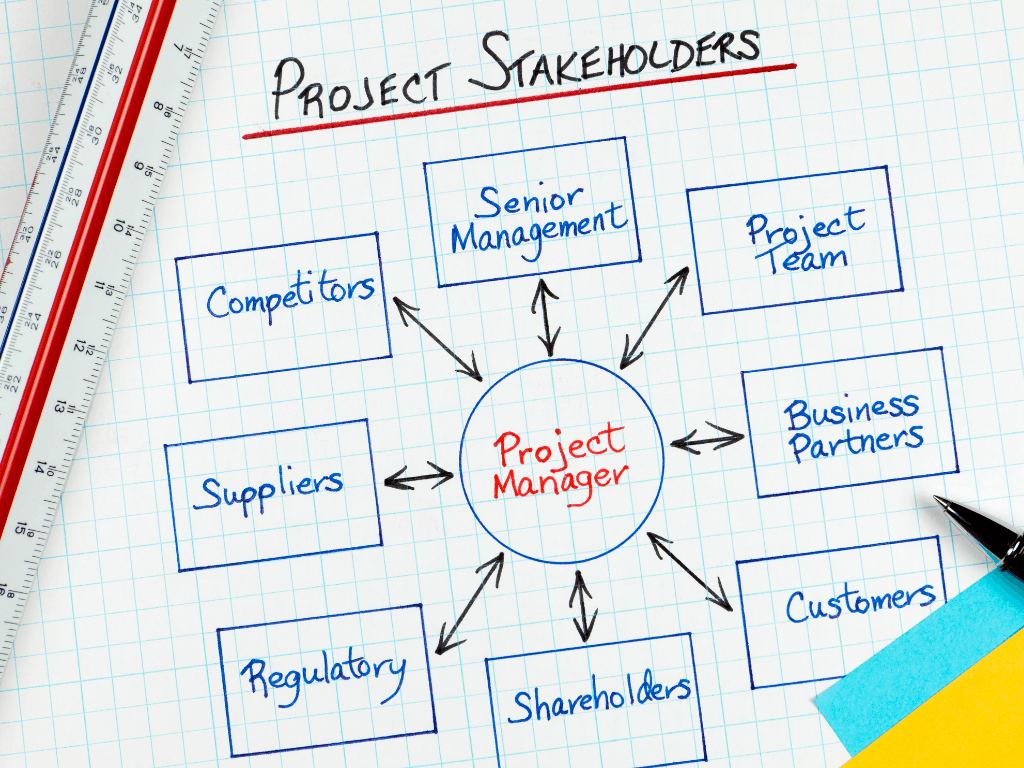
Colin Gautrey
This is a guest post by Colin Gautrey from Learn to Influence. Colin is an author, trainer and executive coach who has specialized in the field of power and influence for over ten years. He combines solid research with deep personal experience in corporate life to offer his audiences critical yet simple insights into how to achieve results with greater influence.
Few things are possible in large or complex organisations without buy-in from stakeholders. To get that buy-in, you have to engage them. In this article, Colin shares four reasons why you struggle to engage stakeholders.

So, you diligently reach out to them to bring them up to speed, get their input and elicit their support for your initiative. Naturally, you are convinced that it is in their very best interests to engage with you, they have a great deal to gain from this exciting project.
And that is when the problems start.
Your emails go unanswered, your calls ignored. As time advances, things become desperate as you realise that you are up against a deadline. Trying harder to get them talking to you just seems to make things worse.
Should you escalate?
Well, that would indicate to your boss that your influencing skills are lacking. So, what else can you do to get things moving again?
Firstly, you’ve got to pause a moment. Instead of trying harder, start to think more deeply.
Secondly, you really need to check the attitude you have towards your stakeholder. The longer failure to engage continues, the more negative attitudes become. Although this may not be the cause of lack of engagement, it will definitely make it harder to remedy the situation.
Thirdly, get a clear appreciation for the reasons why they may be holding back. This takes some doing, but when you move beyond mere suspicion and assumptions, you are much more likely to find the winning actions to gain the engagement you need.
Fourthly, based on your reflection about the real cause, adjust your approach so that you tackle the cause head on.
To help you delve more deeply into the underlying causes, consider:
- Time. Although you may suspect otherwise, quite often they genuinely do not have the time to give justice to your request. Think about it. You’re busy, too busy to do many of the things that you would like to do. Maybe, just maybe, they would love to talk to you but haven’t been able to find a moment to do it.
- Interest. You’ve heard this before, if someone has sufficient motivation, they can always find the time. For many stakeholders, especially those subject to extreme time pressure, they may not yet be aware of all they can gain from engaging with you. Your first sale is the time and priority in their schedule. Your second sale is what you want them to agree to.

- History. Is there something in the history of your relationship that may be causing them to resist your attempts to engage with them. Think hard about this one. It might be that you’ve made life difficult for them in the past, or maybe you’ve let them down badly. Alternatively, something may have happened that they feel guilty or embarrassed about. Going further, what about their history with your boss?
- Suspicions. Do they trust you and your motives? Perhaps something else is going on that makes them a cautious. This could be as simple as your new reporting lines (hence concern about whose side you are now on) or as distant as your friendship with a political rival they have just skirmished with.
The key here is to be as accurate as possible. You may need to invest some serious time to investigate this and talk to other to other stakeholders. While this may seem expensive, what pain are you already facing while hitting your head against a brick wall?
Regardless of the time it takes, if you don’t know why they are unwilling to engage, any attempt to engage them will be based on guesswork.
